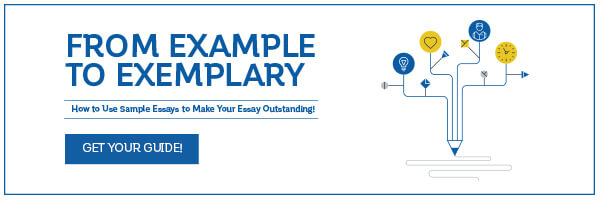
However, if I do find that particular assessment questions I gave an assignment or exam were unreasonably challenging, unclear, or unfair for any reason I will provide additional credit as appropriate.

Your grade is therefore not based on how you did in comparison to your peers, but instead how successful you are at evidencing that you have mastered the intended learning goals for that specific assessment. For this reason, I do not grade on a curve. This is true in data collected and analyzed for our students at UCLA as well. Why I do not grade on a curve: In recent years, research into higher education assessment practices have shown that grading on a curve can create unnecessarily competitive environments for students and result in outcomes that disadvantage some groups of students over others. The final grade will be determined by participation (25%), a final exam for each workshop (50%), and a homework assignment for each workshop (25%). How Your Learning Will Be Assessed (Grading Policy) Workshop topics include Introduction to the Unix, NGS data analysis, R Programming, BS-Seq, RNA-seq, Python, Single-Cell RNA-seq Analysis among others.įor a complete list of workshops, click here: If the course is full, please request a PTE by emailing workshops introduce graduate students to contemporary methods and techniques in bioinformatics that are used to analyze high-throughput genomic data.

All workshops must be attended in-person to receive credit. To receive course credit for 275A, students must register for at least 3 workshops taught during the quarter, and 3 additional workshops to also receive credits for 275B. Each workshop runs for 2-3 days, 2-3 hours per day, and are held weekly. Workshops are offered quarterly with the exception of summer. Through this course graduate students are eligible to receive credits for successfully completing the QCB Collaboratory Workshops. Computational and Systems Biology (Major)).Now what? You still have a few more items to cross off your list. You've selected your campuses, submitted your application, paid your application fees. Learn more about how we review freshman applications » After you apply Using a process called comprehensive review, we look at how hard you've worked to take advantage of the opportunities you've had to excel at school, in your favorite extracurricular activities and in your community. We know you're more than just your grades and test scores. It’s just one small part of your application-but it’s a great chance to introduce yourself, and make an impression.įreshman questions & directions » How applications are reviewed Take time to think about your life experience, ambition and inspiration. Our personal insight questions are about getting a better sense of who you are. Learn more about the application » Personal insight questions Our application is designed to capture all of this and more. We want to know about your passions and life experiences.everything that makes you, YOU.

But we're here to reassure you - we're not looking for perfection. See more dates & deadlines » Filling out the applicationĮven though applying to UC is an exciting time in your life, it can also be daunting. UC Berkeley and UC Merced are on the semester system calendar while all other campuses are on the quarter system calendar. You can start working on your fall application as early as August 1, and submit it by November 30.įall quarter/semester: October 1–November 30 Winter quarter/spring semester: July 1–31


 0 kommentar(er)
0 kommentar(er)
